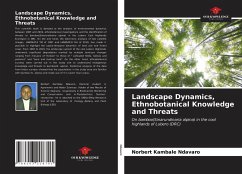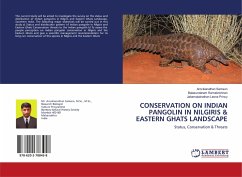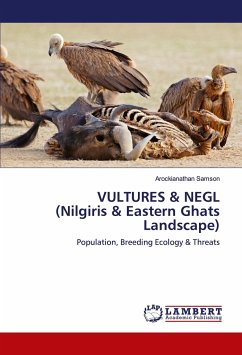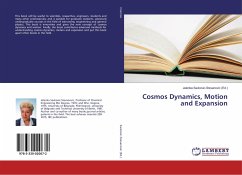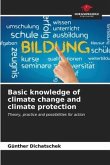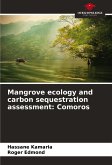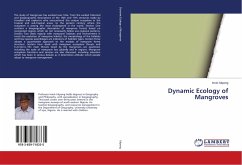This scientific book is devoted to the analysis of environmental dynamics between 1987 and 2019, ethnobotanical investigations and the identification of threats to bamboo(Sinarundinaria alpina) in the Lubero Cool Highlands Ecoregion in DRC. On the one hand, the diachronic analysis of two satellite images, LANDSAT-4 TM of 1987 and LANDSAT-8 OLI of 2019, has made it possible to highlight the spatio-temporal dynamics of land use and forest cover. From 1987 to 2019, the landscape system of the cool Lubero Highlands underwent significant degradation marked by multiple land-use changes ranging from mosaics of "forests" to those of " cultivated fields, fallows and pastures" and "bare and built-up land". On the other hand, ethnobotanical surveys were carried out in the study site to understand endogenous knowledge and threats to bamboo(S. alpina). Statistical analysis of the data from these surveys showed that the populations in the study area are familiar with bamboo (S. alpina) and make use of it in seven main areas.
Hinweis: Dieser Artikel kann nur an eine deutsche Lieferadresse ausgeliefert werden.
Hinweis: Dieser Artikel kann nur an eine deutsche Lieferadresse ausgeliefert werden.

